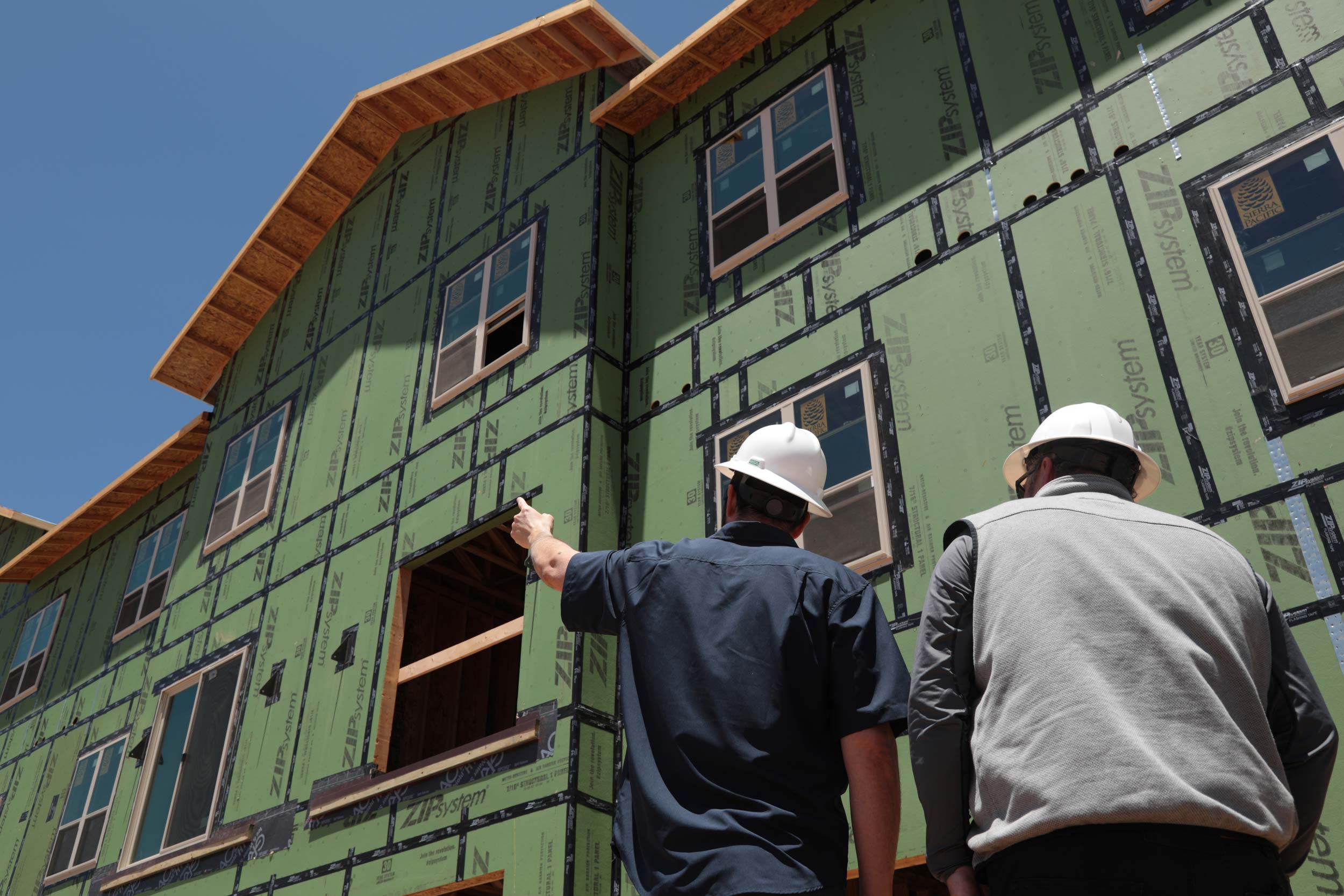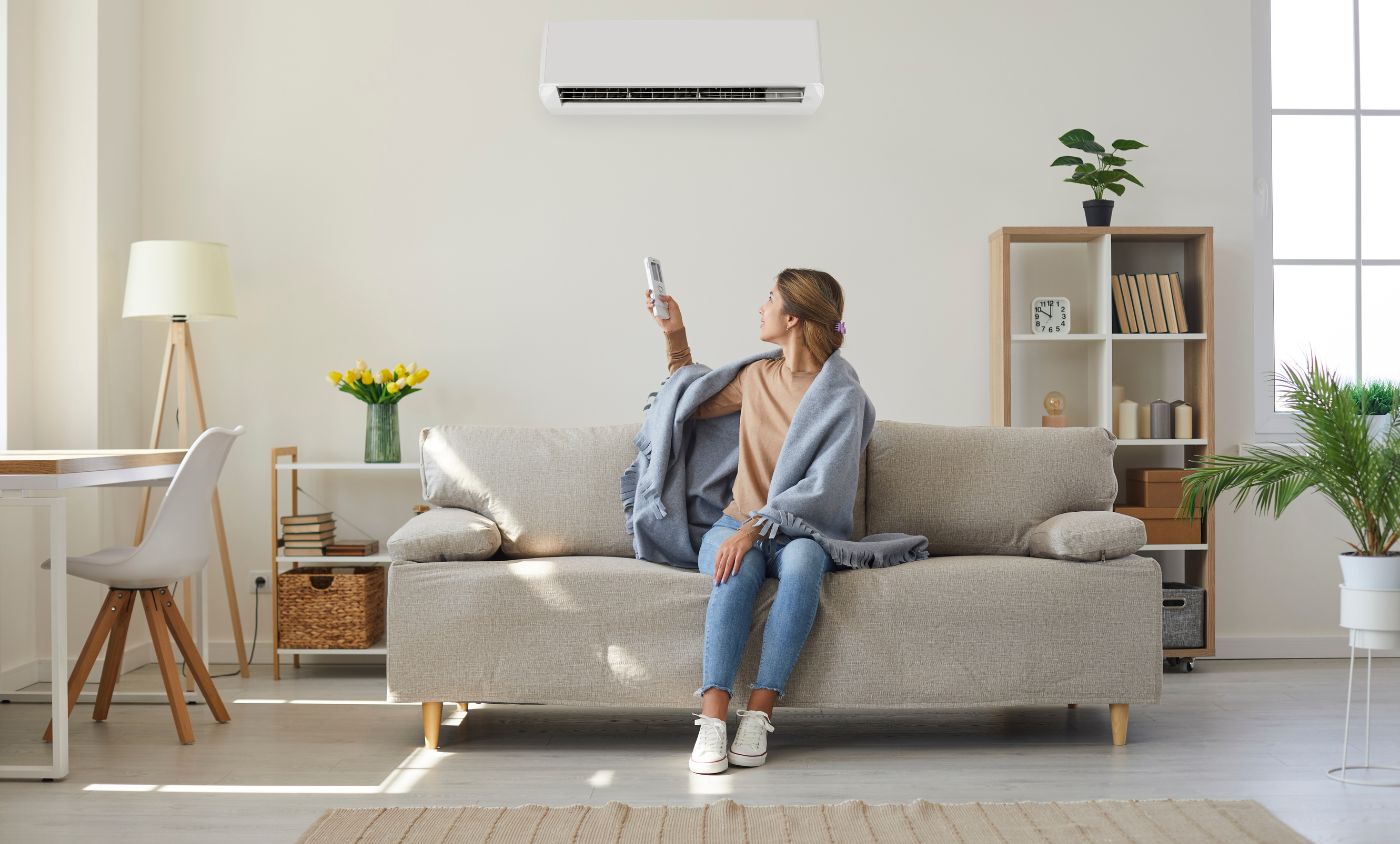Successfully managing a multifamily housing complex involves a continuous juggling act between what’s good for the bottom line and what is best for tenants. A prime example of this delicate balance is found in keeping tenants comfortable throughout the various seasons of the year and how to solve that within the complex world of HVAC systems. Striking the right balance between fiscal responsibility and tenant satisfaction necessitates careful attention to details, as outlined in this post, and close collaboration with a qualified HVAC services provider.
Key Considerations for HVAC System Selection
1. Peak Load Flexibility: Opting for a system with adaptable capacity is crucial for multi-family property owners. Predicting the system’s energy requirements throughout the year is a formidable task. An HVAC system capable of handling diverse peak energy loads ensures resilience, regardless of weather changes or tenant behaviors.
2. Individual Comfort Controls: This represents a pivotal difference between centralized and decentralized HVAC systems for apartment complexes. While centralized systems are more efficient, they lack temperature controls in each housing unit, potentially impacting tenant retention. On the other hand, decentralized HVAC systems provide individual heating and cooling units for each family or individual. Although this may result in varying efficiency settings, it fosters long-term accommodation for a diverse range of occupants. Evaluate the enduring benefits of your building’s tenant-friendly reputation against the long-term costs of a pricier HVAC system. Prioritizing tenant retention can often be a more economical strategy than minimizing initial HVAC expenses.
3. Ease of Maintenance: Regular maintenance is imperative for larger multifamily HVAC systems, and repairs are inevitable. Opting for a system that is easy to maintain not only saves time for HVAC contractors but also reduces ongoing expenses. Consider the accessibility and cost of replacement parts when selecting the most suitable HVAC system for your multifamily complex.

Centralized vs. Decentralized Systems
Owners of multifamily complexes face a choice between two HVAC systems: centralized and decentralized. While centralized systems entail higher upfront costs, they boast greater energy efficiency. These systems heat the entire building from a centralized location, making individual comfort control challenging but allowing effective energy cost management. Larger complexes often lean towards centralized systems due to their energy savings once a certain unit threshold is reached. However, it’s crucial to acknowledge that centralized systems come with additional responsibilities, such as providing maintenance and services for each tenant.
Here are the options for centralized and decentralized HVAC systems for multi-family complexes, each with unique advantages and efficiencies:
CENTRALIZED:
DECENTRALIZED:
Multifamily buildings present unique HVAC requirements distinct from single-family homes. Adherence to standards such as ASHRAE 62 and ASHRAE 62.2 ensures compliance with ventilation requirements for residential occupancies. Ensure that your HVAC professionals are familiar with and adhere to the appropriate standards in your area.
To guarantee the effective and efficient fulfillment of your building’s heating and cooling needs, collaborate with an HVAC company possessing the knowledge, capacity, and integrity to deliver quality work.
Right Temp Mechanical partners with property developers to provide the ideal HVAC system for your building, addressing concerns such as design flexibility, simplified installation, cost-effectiveness, energy efficiency, control options, indoor air quality, and more. Feel free to reach out to discuss your project and find the perfect HVAC solution for your multifamily housing development.
